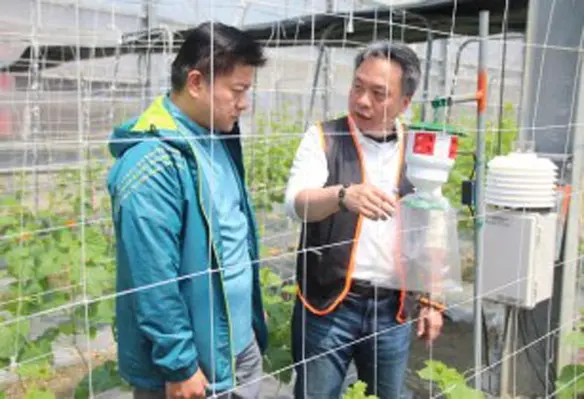Taiwan’s Tano Security has teamed up with the National Chung Hsing University to enter the finals of the World Banks 2020 Agriculture Risk Innovation Challenge
For years, the World Bank Agriculture Observatory has tried to generate solutions that demonstrate alternative ways of collecting or monitoring critical datasets to assess the impact of agriculture stressors.
For this innovation challenge, Tano Security proposed a solution that featured an early-warning system for the fall armyworm pest that could reduce agriculture losses by more than 90 per cent and cut the use of pesticides by 50 per cent.
This solution originated from the company's real-life field experience in China. The World Bank awarded Tano Security the Top Innovator Prize in the competition.
Robert Chen, CEO of Tano Security, said that Taiwan is considered one of the most successful food producers in the world, despite the many challenges it faces including soil erosion, typhoons and heavy flooding.
“Taiwanese farmers learn and grow from these challenges,” Chen added. This combination of technological know-how, electrical-engineering skills and extensive manufacturing capabilities along with the natural pride of the nation's farmers in producing high-quality fruits and vegetables could make Taiwan a very strong ally in the world's biggest industry – agriculture.
The agriculture industry is set to become even more important these next few decades. Yet, the global farming sector is facing ever-increasing risks as natural disasters become more frequent and disruptive as a result of climate change. The world's population continues to increase, with the United Nations estimating that it will reach 9.7bn by 2050. As a result, the agriculture sector is looking to incorporate new technologies to maximize yields and improve efficiency in order to feed the planet's growing population. In fact, some estimates say that global agriculture production will need to rise by 69 per cent between 2010 and 2050 to meet this need.




